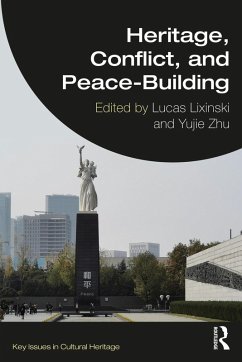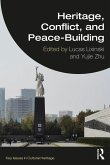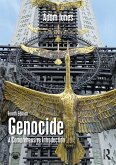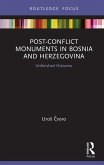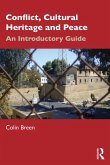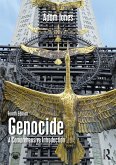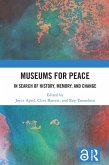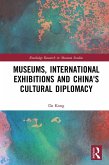The contributors to this book, who hail from academia and practice, present case studies that shed light on the multifaceted factors and conditions influenced by diplomacy, nationalism, victimhood, and the roles of diverse institutional actors in fostering peace. They demonstrate the possibilities and pitfalls of the work heritage does for local communities, the nation-state, and the international community, when these different actors and their peace aspirations and agendas intersect. Looking at heritage and peace processes on all continents, the contributions in this volume amount to a compelling analytical account of how the discourses of heritage and peace connect, overlap, and diverge. They also emphasise that our shared aspiration for peace should not be taken for granted in a heritage context, and that it is incumbent upon heritage scholars and practitioners to be more intentional about the work they wish to do to promote peace.
Heritage, Conflict, and Peace-Building will be of interest to scholars and practitioners working in heritage studies, transitional justice, museum studies, international relations, education, history, and law.
Dieser Download kann aus rechtlichen Gründen nur mit Rechnungsadresse in A, B, BG, CY, CZ, D, DK, EW, E, FIN, F, GR, HR, H, IRL, I, LT, L, LR, M, NL, PL, P, R, S, SLO, SK ausgeliefert werden.
~ Mark A. Drumbl, Class of 1975 Alumni Professor, Director, Transnational Law Institute, Washington and Lee University
"While UNESCO's stated goal is to 'build peace in the hearts of men and women', its reliance on heritage to achieve this minimises the contested nature of some heritage sites, objects and documents. Heritage and peace-making are not always natural allies. Contested heritage has exacerbated rather than alleviated some conflicts. This book recognises the complexities surrounding some heritage, and the fact that resolution is not a straightforward process. Its case studies offer possible pathways to resolving heritage conflicts through contestation, negotiation and dialogue that will lead to reconciliation and peace. It is recommended reading for all heritage specialists."
~ Roslyn Russell PhD, Chair, UNESCO Australian Memory of the World Committee

